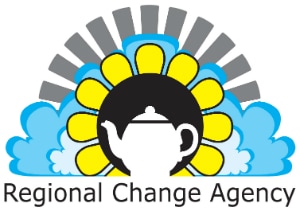About Us
The story so far…(and it is a bit detailed…)
After nearly 30 years of working as an Environmental professional in both Australia and Canada, Narelle has drawn on this experience and come to some unsettling conclusions.
"One of the reasons for returning to Australia (on the night of the 2007 election) was that I was very concerned about climate change, and I wanted to work on this issue at home, in Australia. Since then I have been predominantly working on issues around climate change in Victoria, Australia. In 2014-2016 I was one of three people appointed for a pilot project run by the State of Victoria as a Local Government Climate Change Mentor. This role was to work with local governments across the State to assist them to identify ways that they could manage and reduce the impact of climate change with their extensive operations and businesses. A key lesson for me from this project was that we had to find the right language to connect with the people who could make decisions.
This work has helped me to conclude that with climate change, we (for example environmental professionals) have been using the wrong language. As long as climate change is described as an environmental issue, then many people will not engage.In 2015 I was on a goal setting course and one of the books that we was referenced was Flourish, by Martin Seligman. I read the book and was convinced that Positive Psychology had something that was important for climate change. In 2018 I was accepted into the Master of Applied Psychology (MAPP) at the University of Melbourne, graduating in December 2019. [1].
The MAPP was a combination of intensive two day on course learning, as well as the usual at home work. One of the reasons I wanted to do this course was that I would meet a whole new cohort of people face to face, and it would not be my usual colleagues. I was the only environmental professional in the group. There were teachers, coaches, physiotherapists, psychologists and academics, amongst others. Within this highly educated group, I was a bit shocked at the number of people who were clear in stating that they did not understand climate change.
In the MAPP, the final unit is a capstone unit. It requires an essay that draws together a potential project, or a PhD topic or similar. I focused on climate change, hope theory and Appreciative Inquiry for my research and paper. I have since spoken about what I learnt with Rotary Clubs , amongst others.
[1] Martin Seligman, Flourish, A William Heinemann Book, Random House, 2011. North Sydney.
